Act with nature to deliver sustainable animal care
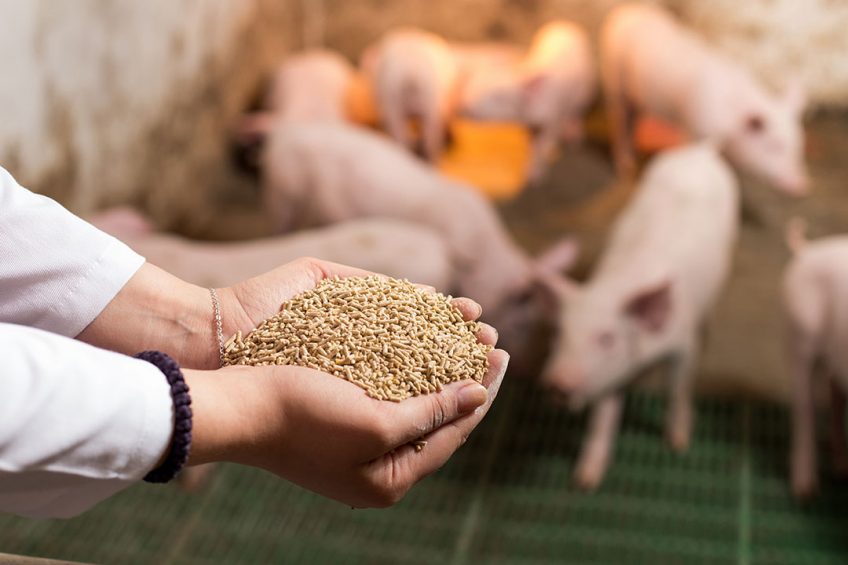
Sustainable livestock performance and high standards of animal care are essential components of the world’s most profitable and productive farming systems. Animals which are beset with health issues, stressful conditions and poor management invariably suffer a decline in performance, often resulting in rising morbidity and increased livestock mortality rates.
Even under well-managed conditions, it is vital to ensure that farm animals are maintained in the best possible health, boosting their capacity to withstand disease outbreaks, environmental challenges and enhancing their welfare.
Working with nature to improve all aspects of animal care is fundamental to current research and development activities at Phileo by Lesaffre, where the potential to advance livestock health and welfare through nutrition plays a central role in product discovery, innovation and use.
An increasingly common cause of depressed health and performance in farm animals is heat stress, a condition which has become a major challenge for farmers globally, even in locations where high summer temperatures and extreme levels of humidity used to be relatively rare. While building and ventilation adjustments may help alleviate heat stress factors, to a limited extent, research shows that good nutrition, involving yeast-based solutions, can help improve the capacity of animals to cope with the impact of high temperatures and intense humidity.
Studies involving swine, poultry, and dairy cattle, have repeatedly shown the benefits associated with yeast-based solutions when given to each of these species under heat stress conditions.
Swine
The impact of heat stress on sows, for example, can have severe consequences for stock health, welfare, reproductive performance, and profitability. A key distress factor seen in sows is that, when faced with the combination of high temperatures and humidity (THI), they redirect blood flow away from their ovaries, focusing instead on skin and mammary tissues in an attempt to cool down. This has a negative effect on the quality of the follicles and the status of the uterus, leading to potential pregnancy problems. As a result, farmers can be left to cope with a reduction in litter sizes, lower piglet weights at birth and higher disease rates.
To help address such impacts, a trial using yeast probiotic, was carried out in Vietnam in 2019 under background conditions in which temperatures reached 35°C during the day with humidity levels climbing to 85%.
Working with 80 sows, half of which were given the yeast probiotic Actisaf SC47 at 5 g per sow per day, while the other half received no dietary supplementation, records were kept of comparative performance details.
End of trial results (Figure 1) showed the supplemented sows with more weaned piglets than their control counterparts (11.3 vs 11), a higher survival rate (89% vs 85%), and a higher total weaning weight per litter (72kg vs 70.6kg).
Supplemented sows also suffered less from diarrhoea than control sows and achieved a treatment return on investment of 15:1, as a direct result of their improved health status.
Figure 1 – Effect of yeast probiotic Actisaf Sc 47 on suckling piglet survival rate under heat stress.

Dairy cows
Yeast-based solutions have also been proven to help alleviate the impact of heat stress in dairy cows, where non-supplemented stock can suffer rumen dysfunction, intestinal damage, and suppressed levels of immunity. Heat stress in milking cows can also negatively affect feed intake and efficiency, milk yield and quality, reproductive efficiency, and overall susceptibility to disease.
Combating these factors with yeast-based products, however, such as yeast probiotics, yeast parietal fraction and selenium yeast, has shown promising results when used as part of a rounded nutritional strategy.
Studies carried out with the yeast probiotic, Actisaf Sc47, have shown significant improvements in rumen function. Moallem et al. (2009) recorded a rise in dry matter intake and milk yield, for example, when the product was fed to cows facing a heat stress challenge.
These results could be explained by important changes in blood parameters, like glucose. This is a major source of energy in cows, being used by the mammary gland to produce lactose. Increased blood glucose in heat-stressed cows might not only explain an increase in milk production in trial animals but also the development of better all-round health due to more metabolic energy being made available for their basic maintenance requirements.
Poultry
Heat stress is also a major issue for the poultry industry, especially in relation to maintaining the performance of high-growth broilers.
Over the past decades, genetic selection has enabled the poultry sector to achieve heavier broilers at the slaughterhouse (2.8 kg at 42 days in 2013 vs. 1.7 kg in 1960). Birds have been selected for their capacity to grow and higher feed intake. However, the impact heat stress has on the birds is also related to their weight. The heavier the birds, the more negative impact heat stress will have on them.
It’s widely recognised, in fact, that heat stress can have a detrimental impact on broilers’ gut integrity, reducing their natural capacity to address inflammatory processes caused by pathogens such as Clostridium and E. coli. Trials run in this context, using the selected yeast fraction, Safmannan, have shown the supplement to be helpful in improving broilers’ natural defences and intestinal integrity.
Given to birds as a feed supplement, Safmannan has also been proven to help mitigate the negative zootechnical consequences of heat stress, resulting in improved feed conversion, growth performance and survival (Figure 2). The product is therefore acknowledged as a positive benefit to heat-stressed broilers, delivering improvements in their zootechnical performance, health and welfare.
Figure 2 – Effect of yeast postbiotic Safmannan on broiler performance under severe heat stress.

Superior nutrition
While the obvious commercial objective for livestock producers is to raise animals for food, the best enterprises also ensure their production systems are based on giving their chosen species essential care and respect. Unless farm animals are well-fed and healthy, and maintained in conditions which allow them to be settled and content, the end result will never be truly sustainable.
Our part in this process at Phileo by Lesaffre, is to be constantly searching for ever-improving animal health and welfare solutions. We’re committed to pushing the boundaries of animal care, believing in the future advancement of animal health, driven by the development of superior nutritional products as a major contribution to livestock welfare and productivity.
While societal demands concerning animal health, product quality and environmental integrity keep rising, so will our ambition to develop science-based solutions, equipped to deliver a positive impact on farm animals, continue to intensify.
Authors:
Lin Wang and Mohammed Mammeri,
Global Product Managers at Phileo by Lesaffre
Join 31,000+ subscribers
Subscribe to our newsletter to stay updated about all the need-to-know content in the poultry sector, three times a week. Beheer
Beheer

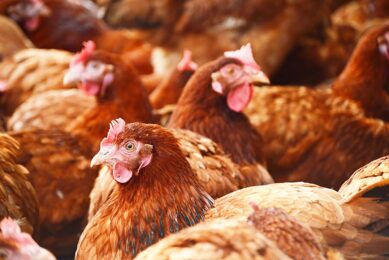
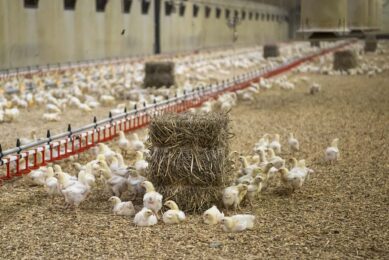
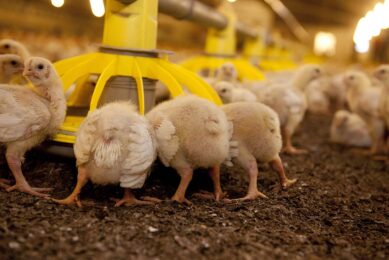
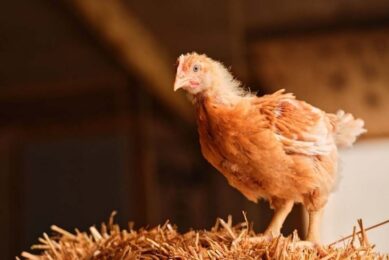
 WP Admin
WP Admin  Bewerk bericht
Bewerk bericht